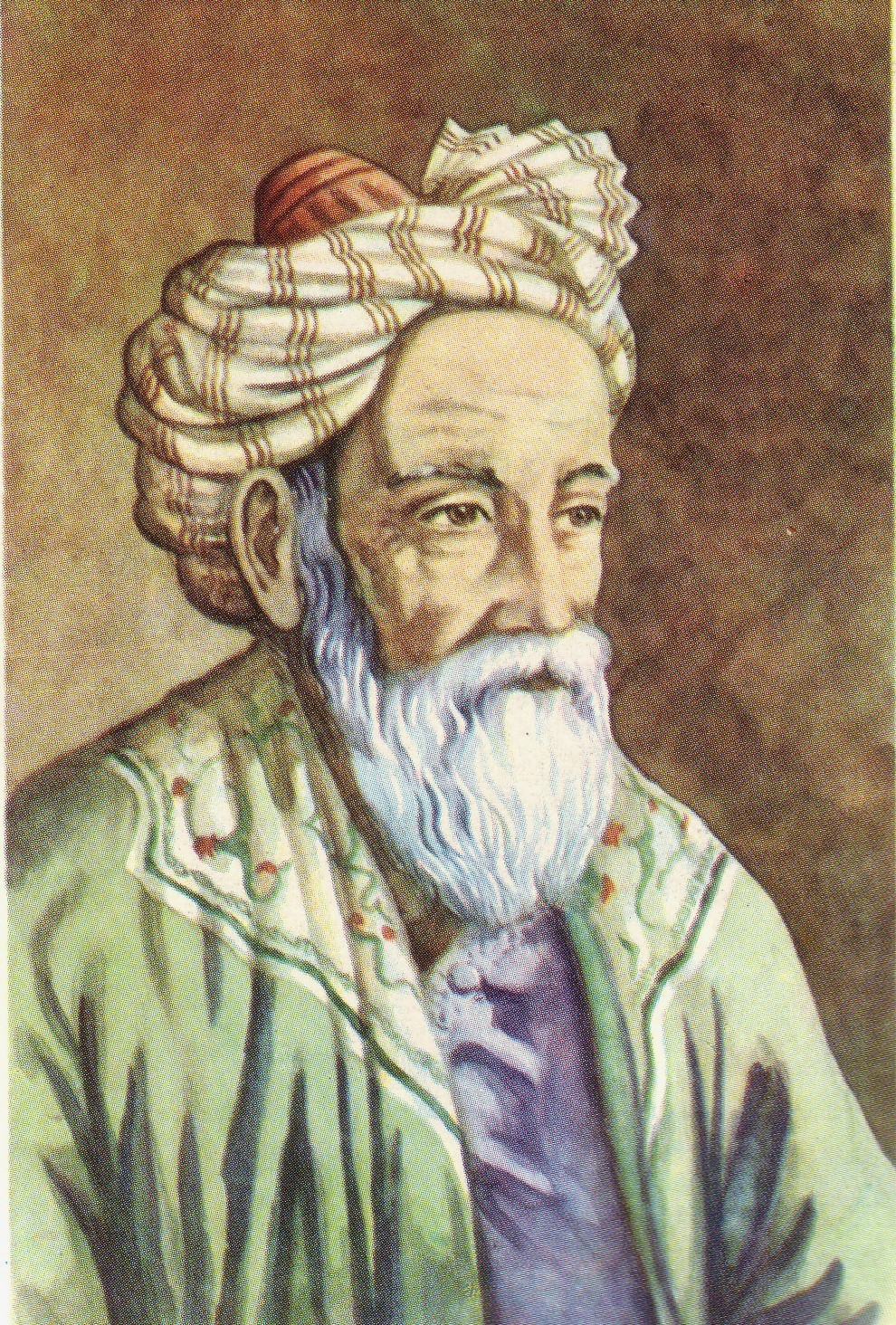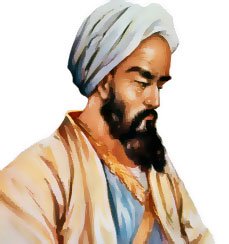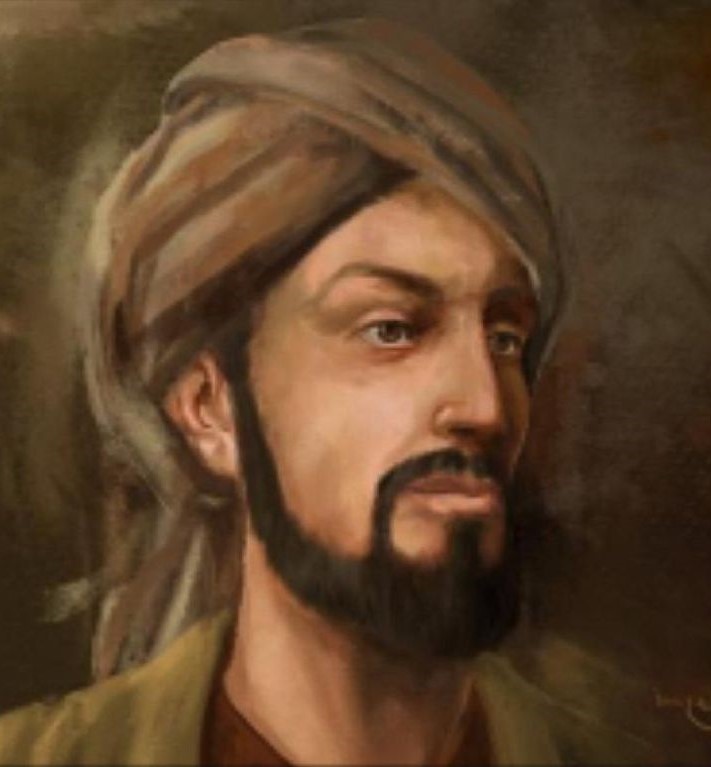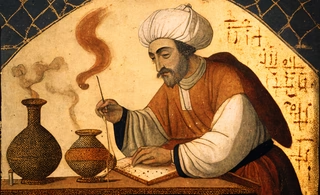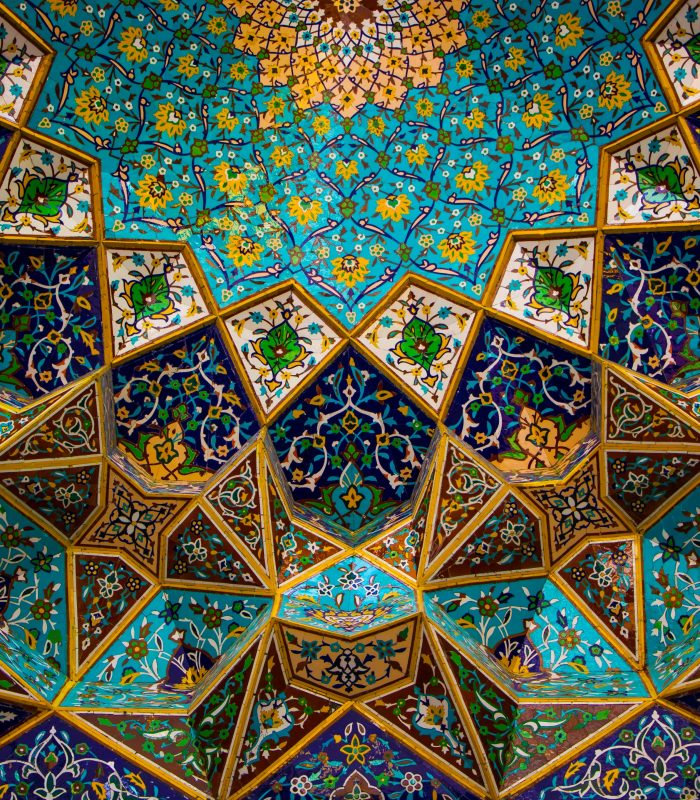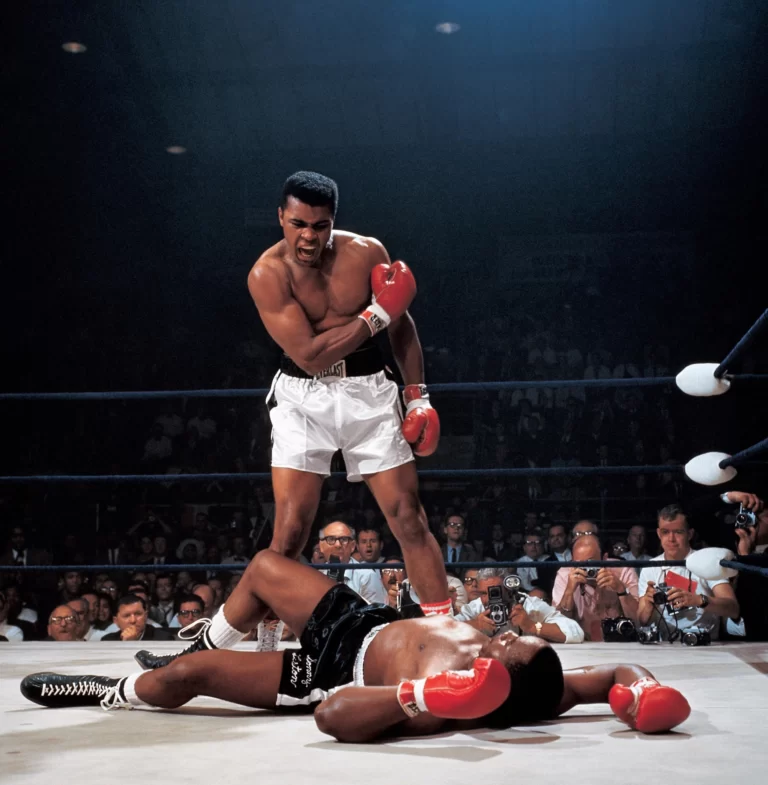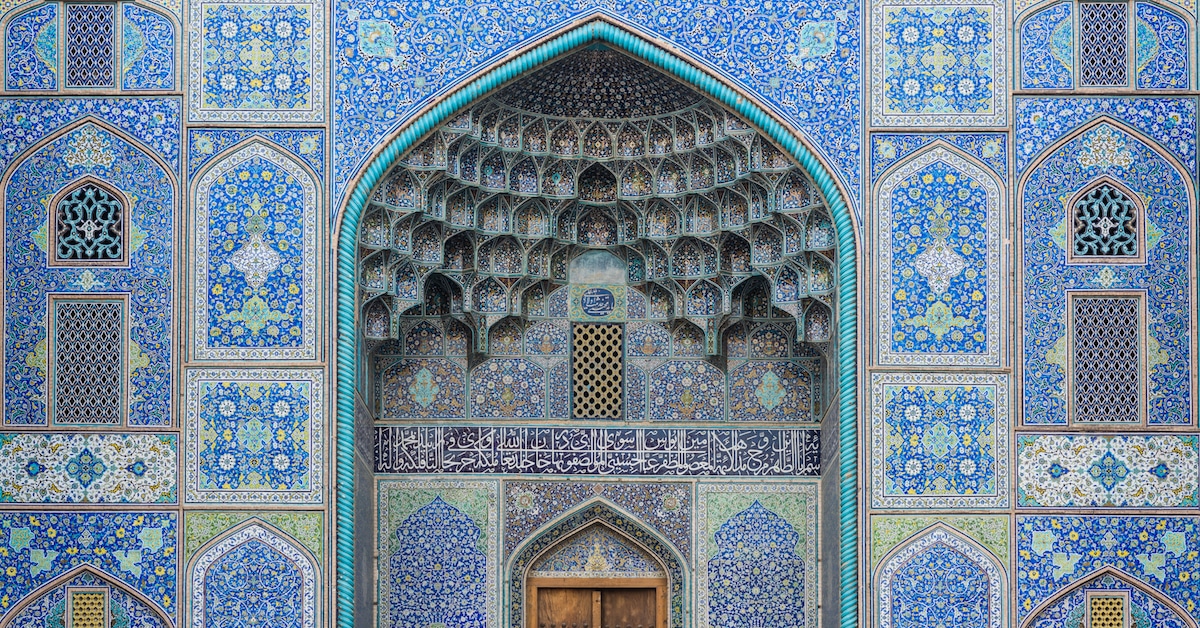
Top 10 Interesting Muslims in History
As-Salaam Alaikum Halal Nomads, the history of Islam is a tapestry woven with the remarkable contributions of individuals who have left enduring imprints across diverse fields, shaping the course of history in profound and lasting ways. These intriguing Muslims hail from various periods, showcasing unparalleled expertise in fields ranging from philosophy and exploration to science and literature. Their legacies, spanning the Islamic Golden Age to the medieval era, transcend temporal boundaries, impacting our understanding of culture, science, and human achievement. These figures represent the rich and dynamic intellectual tradition that has shaped the narrative of Islam throughout the ages.

Ibn Khaldun (1332–1406)
Field: Historian, Sociologist, Philosopher
Ibn Khaldun, a luminary of intellectual history, is celebrated for his profound contributions to sociology and historiography through his seminal work, “Muqaddimah.” Regarded as one of the earliest sociologists, his brilliance extends far beyond his era. Ibn Khaldun’s perceptive observations delve into the cyclical nature of societies, offering a timeless perspective on the ebb and flow of human civilizations. His groundbreaking theory of asabiyyah, the cohesive social solidarity that propels the rise and fall of nations, remains a cornerstone in sociological thought.
Moreover, Ibn Khaldun recognized the intrinsic connection between economics and historical evolution. His insights into the pivotal role of economic factors in shaping the destiny of societies showcase a remarkable foresight. His emphasis on the influence of trade, wealth accumulation, and resource distribution as determinants of societal dynamics underscores the interdisciplinary nature of his intellectual legacy.
Centuries after his time, Ibn Khaldun’s influence endures. Scholars and thinkers continue to draw inspiration from his comprehensive approach to understanding the complexities of human societies. His work provides a historical roadmap and lays the groundwork for the interdisciplinary study of sociology, history, and economics. In the tapestry of intellectual history, Ibn Khaldun stands as a beacon, guiding contemporary scholars through the intricate web of societal evolution and economic determinants with enduring relevance.
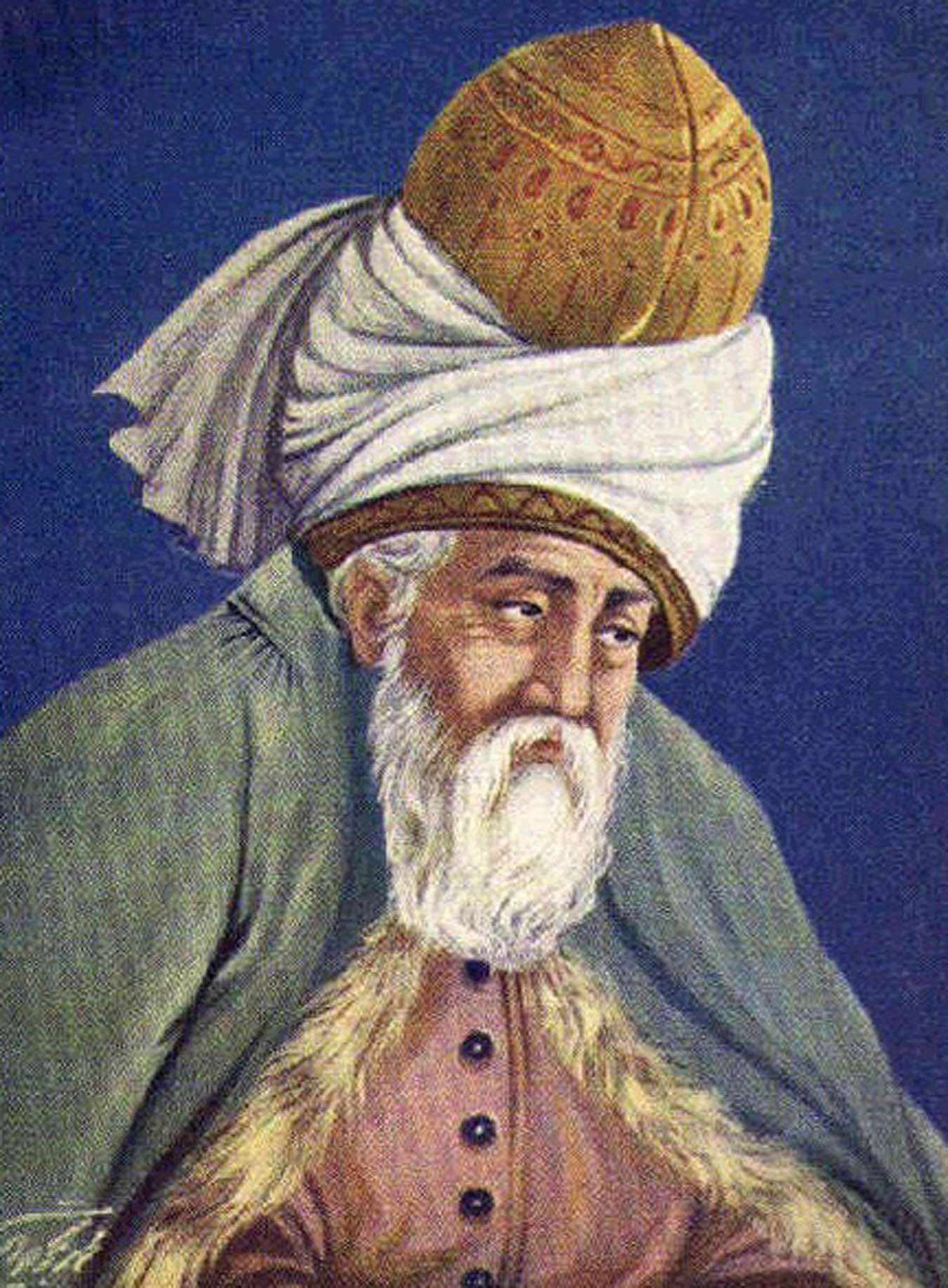
Jalal ad-Din Muhammad Rumi (1207–1273)
Field: Poet, Mystic, Scholar
Jalal ad-Din Muhammad Rumi, commonly known as Rumi, Born in 1207 in what is now Afghanistan, was a 13th-century Persian poet, Islamic scholar, and Sufi mystic whose influence spans across cultures and centuries. His most renowned work, the Masnavi, is a six-volume spiritual epic often referred to as “the Quran in Persian” for its deep spiritual insights. Rumi’s Divan-e Shams-e Tabrizi, a collection of ghazals dedicated to his spiritual mentor, Shams of Tabriz, explores themes of divine love and spiritual longing, blending the boundaries between earthly and holy love.
Rumi’s teachings are deeply rooted in Sufism, emphasizing the oneness of God (Tawhid) and the pursuit of divine love. He played a vital role in developing the Mevlevi Order, also known as the Whirling Dervishes, whose practice of Sema—a meditative dance—continues to symbolize Rumi’s spiritual legacy.
Rumi’s influence extends far beyond the Islamic world; his poetry has been translated into numerous languages, making him one of the best-selling poets in the United States. His universal themes of love, tolerance, and the search for meaning resonate with people from diverse backgrounds, bridging the gap between East and West.

Averroes (1126–1198)
Field: Philosopher, Jurist
Averroes, known as Ibn Rushd in the Islamic world, was a 12th-century Andalusian philosopher, jurist, and physician whose work significantly influenced Islamic and Western thought. Born in 1126 in Cordoba, Spain, Averroes became one of the most prominent figures in the Islamic Golden Age. He was renowned for his extensive commentaries on Aristotle, which sought to reconcile Greek philosophy with Islamic theology.
Averroes’ most notable contributions were in philosophy, where he argued for the compatibility of faith and reason. He believed that philosophy and religion were two paths leading to the same truth, with philosophy providing a rational understanding of the world while religion offered guidance to the masses. His commentaries on Aristotle, particularly on logic, metaphysics, and ethics, were translated into Latin and Hebrew, profoundly impacting medieval European scholars and earning him the title “The Commentator.”
In addition to philosophy, Averroes made significant contributions to Islamic jurisprudence (fiqh) and medicine. His works in law, mainly his book Bidayat al-Mujtahid, remain influential in Maliki jurisprudence. As a physician, he wrote extensively on medicine, and his work Kitab al-Kulliyat (Generalities) laid the foundation for understanding various medical concepts in medieval Europe.
Averroes’ ideas, especially his emphasis on rationalism, faced resistance in the Islamic world but found a lasting legacy in Western thought, where he is celebrated as a pivotal figure in transmitting classical knowledge and developing secular philosophy.
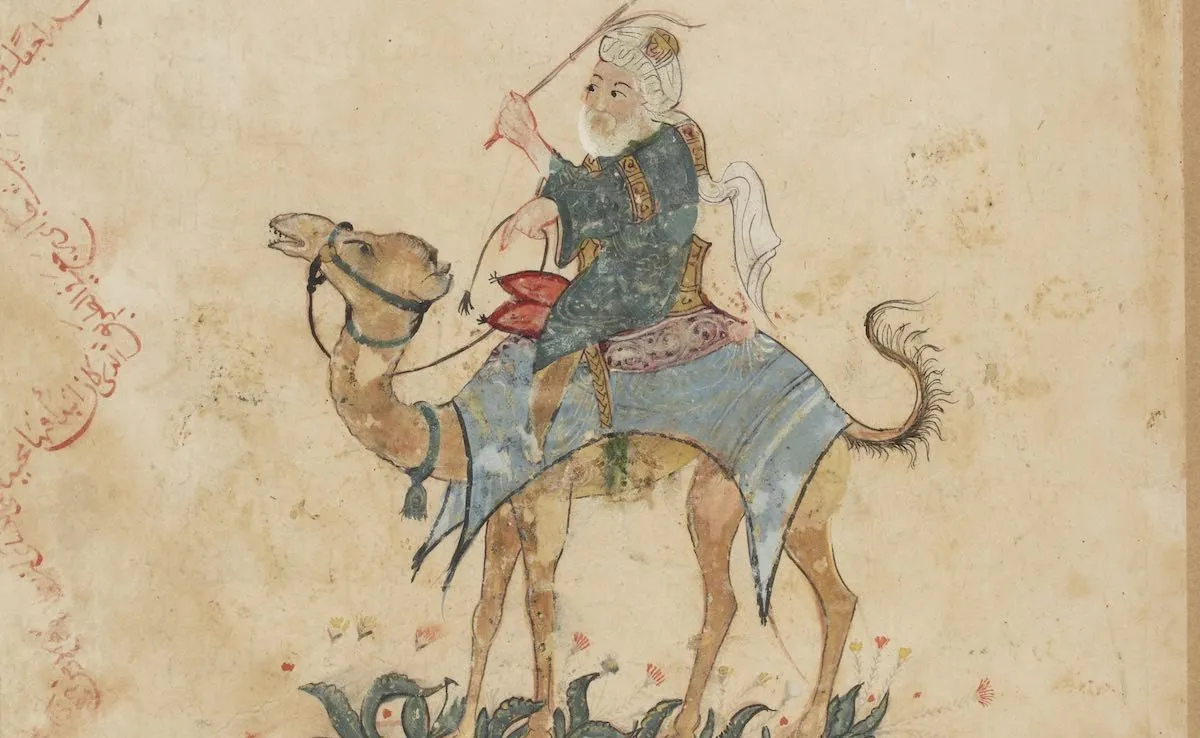
Ibn Battuta (1304–1369)
Field: Poet, MystiExplorer, Geographer
Ibn Battuta, born in 1304 in Tangier, Morocco, was one of history’s greatest travellers and explorers. Over nearly 30 years, he journeyed across more than 40 modern-day countries, covering an estimated 73,000 miles—an achievement unmatched by his contemporaries.
Starting his travels in 1325 with a pilgrimage to Mecca, Ibn Battuta’s explorations took him far beyond the Islamic world. He visited North Africa, the Middle East, Central Asia, India, Southeast Asia, and even China, documenting diverse cultures, peoples, and landscapes. His travels were not just about exploration but also about seeking knowledge and religious understanding.
Ibn Battuta’s account of his journeys, compiled in the book Rihla (The Journey), provides a detailed and vivid description of the 14th-century world. His observations offer valuable insights into the political, social, and economic conditions of the regions he visited, making his work an essential historical source.
In India, he served as a judge in the court of the Delhi Sultanate, and his travels in China gave him a unique perspective on the Mongol Empire. Upon returning to Morocco, Ibn Battuta’s stories were transcribed by a scholar named Ibn Juzayy, preserving his incredible experiences for posterity.
Ibn Battuta’s legacy as a remarkable explorer and chronicler of the medieval world endures, with his Rihla remaining an essential resource for understanding the cultural and geographic breadth of the 14th century.
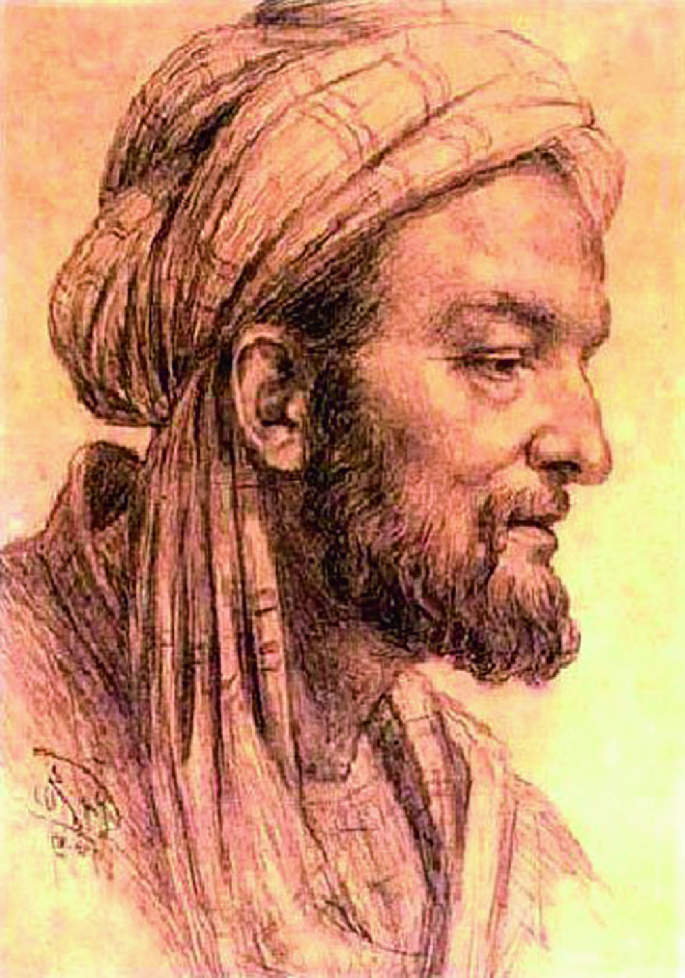
Avicenna (980–1037)
Field: Medicine, Philosophy, Scholar
Avicenna, also known as Ibn Sina, was a Persian polymath born in 980 in what is now Uzbekistan. He is one of the most significant figures in medicine and philosophy, often called the “Father of Early Modern Medicine.” Avicenna’s most renowned work, The Canon of Medicine (Al-Qanun fi al-Tibb), was a comprehensive medical encyclopedia that synthesized knowledge from various traditions, including Greek, Roman, Persian, and Indian. This work became a standard medical text in the Islamic world and Europe for centuries, influencing medical education well into the 17th century.
In addition to his contributions to medicine, Avicenna was a philosopher deeply influenced by Aristotle. His philosophical writings, particularly The Book of Healing (Kitab al-Shifa), covered many topics, including logic, metaphysics, and ethics. Avicenna’s integration of Aristotelian philosophy with Islamic thought laid the groundwork for later Islamic and European philosophy, notably impacting thinkers like Thomas Aquinas.
Avicenna was also a mathematician, astronomer, and chemist, making significant contributions across various scientific fields. His work on the nature of the soul and intellect, notably his “floating man” thought experiment, has influenced psychology and philosophy of mind.
Avicenna’s legacy as a scholar, physician, and philosopher endures, marking him as one of the most influential figures in both the Islamic Golden Age and the broader history of science and philosophy
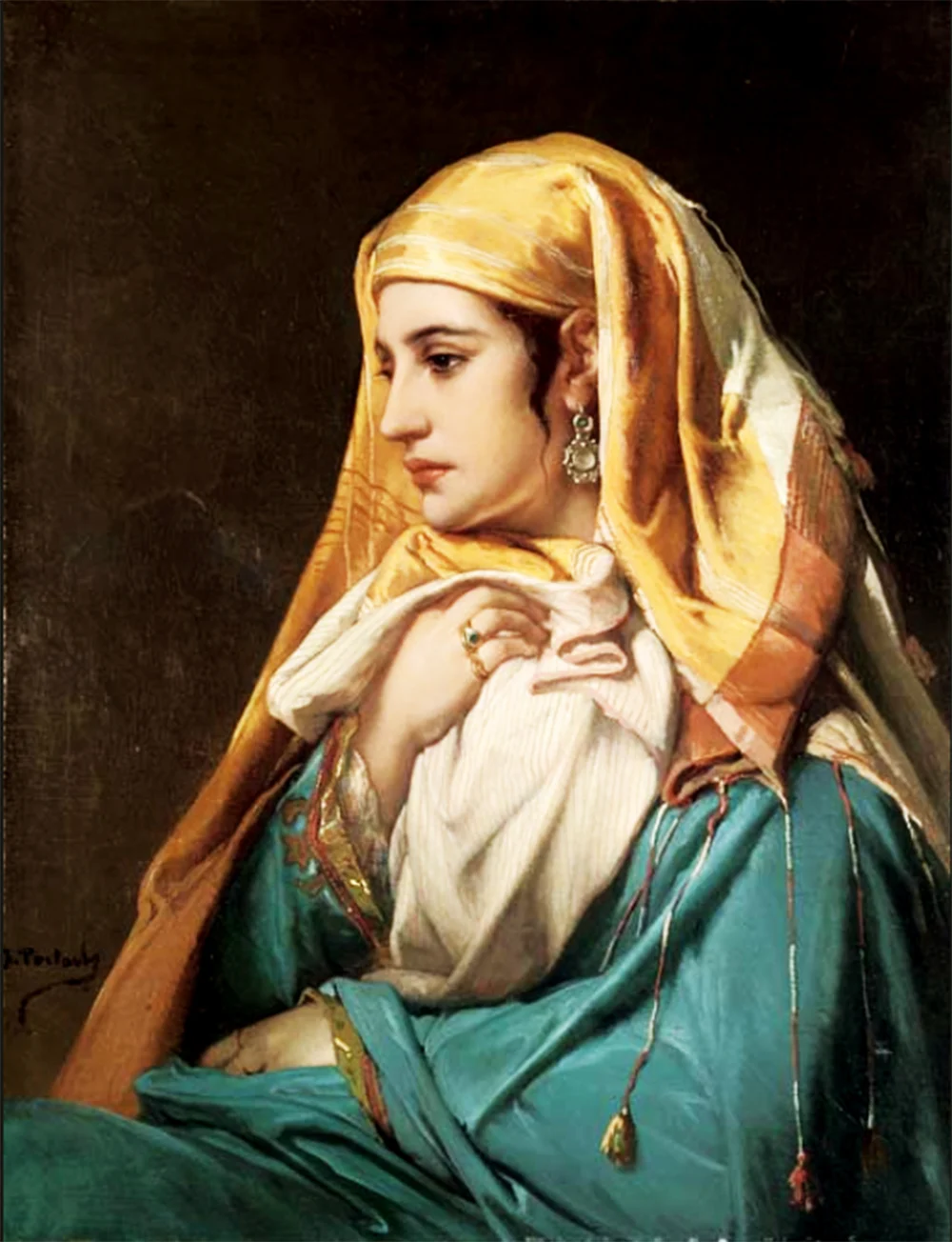
Fatima al-Fihri (800–880)
Field: Scholar, Education
Fatima al-Fihri, born around 800 in present-day Tunisia, is celebrated as a pioneering figure in education and Islamic history. She is best known for founding the University of al-Qarawiyyin in Fez, Morocco, in 859. UNESCO and the Guinness World Records recognize it as the world’s oldest continuously operating university. The university began as a mosque and educational institution, serving as a religious instruction and academic learning centre.
Fatima came from a wealthy and devout family, and after her father’s death, she inherited a significant fortune. Instead of using her wealth for personal gain, she invested it in establishing al-Qarawiyyin, quickly becoming a leading learning centre in the Islamic world. The institution attracted scholars and students from various regions, fostering intellectual exchange and contributing to developing multiple fields, including theology, mathematics, astronomy, and languages.
Fatima al-Fihri’s legacy is profound. She founded an institution that has lasted over a millennium and contributed to women’s empowerment in education. Her vision and dedication to learning created a foundation that influenced both the Islamic world and Europe during the Middle Ages.
Today, the University of al-Qarawiyyin remains a symbol of the rich intellectual history of the Islamic world and a testament to Fatima al-Fihri’s enduring impact on global education.
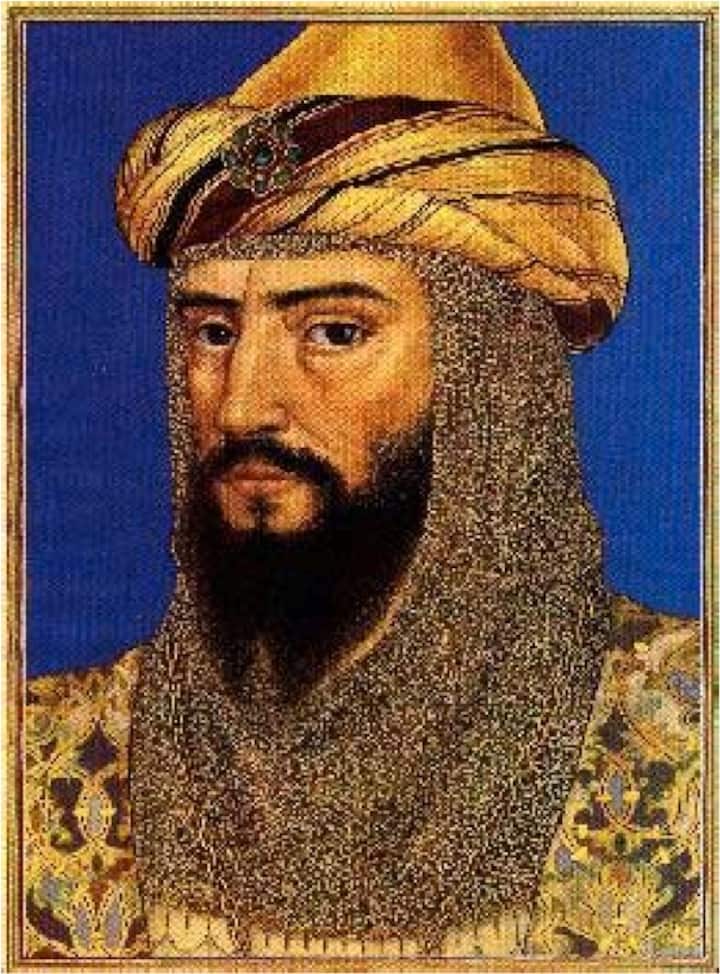
Saladin (1137–1193)
Field: Military Commander, Ruler
Saladin, born in 1137, was a Kurdish Muslim leader and the first Sultan of Egypt and Syria, renowned for his role in the Crusades and his leadership during the medieval period. Rising to power within the Fatimid Caliphate, Saladin established the Ayyubid dynasty after successfully unifying Egypt, Syria, and parts of Iraq and Yemen under his rule. His leadership is mainly celebrated for his efforts in reclaiming Jerusalem from the Crusaders in 1187.
The capture of Jerusalem following the decisive Battle of Hattin marked a significant turning point in the Crusades. Saladin’s reputation was further enhanced by his chivalrous conduct during this time; he allowed Christian worship in Jerusalem and spared the city’s Christian inhabitants, contrasting with the massacres that had occurred when the Crusaders first captured the city.
Saladin was a military genius and a deeply pious and fair ruler. He was known for his generosity, justice, and dedication to Islamic principles, earning the respect of both his allies and adversaries. His leadership helped solidify Muslim resistance against the Crusaders and inspired unity among the Muslim states of the region.
Saladin’s legacy symbolises leadership, mercy, and strategic brilliance. He remains a revered figure in the Islamic world and is respected in the West for his honourable conduct in war, exemplifying the virtues of a noble and just ruler.

Maryam al-Asturlabi (10th Century)
Field: Astronomer, Inventor
Maryam al-Asturlabi, a 10th-century astronomer and inventor from the Islamic Golden Age, pioneered astrolabes. Her contributions to astronomy and scientific instrumentation were significant at a time when the Muslim world was a leading centre of scientific advancement.
Maryam was known for her expertise in the design and construction of astrolabes, an ancient instrument used for solving problems related to timekeeping, navigation, and astronomy. The astrolabe could determine the position of celestial bodies, making it essential for both scientific research and practical applications like navigation. Maryam’s skills in crafting these sophisticated devices earned her recognition in a male-dominated field, showcasing her remarkable technical abilities and deep understanding of astronomical concepts.
Her work extended beyond mere craftsmanship; she is credited with improving the astrolabe’s design, making it more accurate and user-friendly. Her contributions played a crucial role in developing astronomical tools used throughout the Islamic world and later influenced European science during the Middle Ages.
Maryam al-Asturlabi’s impact on astronomy and engineering exemplifies the vital role of women in the scientific advancements of the Islamic Golden Age. Her legacy is a testament to the rich history of female scholars and inventors who made significant contributions to science and technology, despite the challenges of their time.
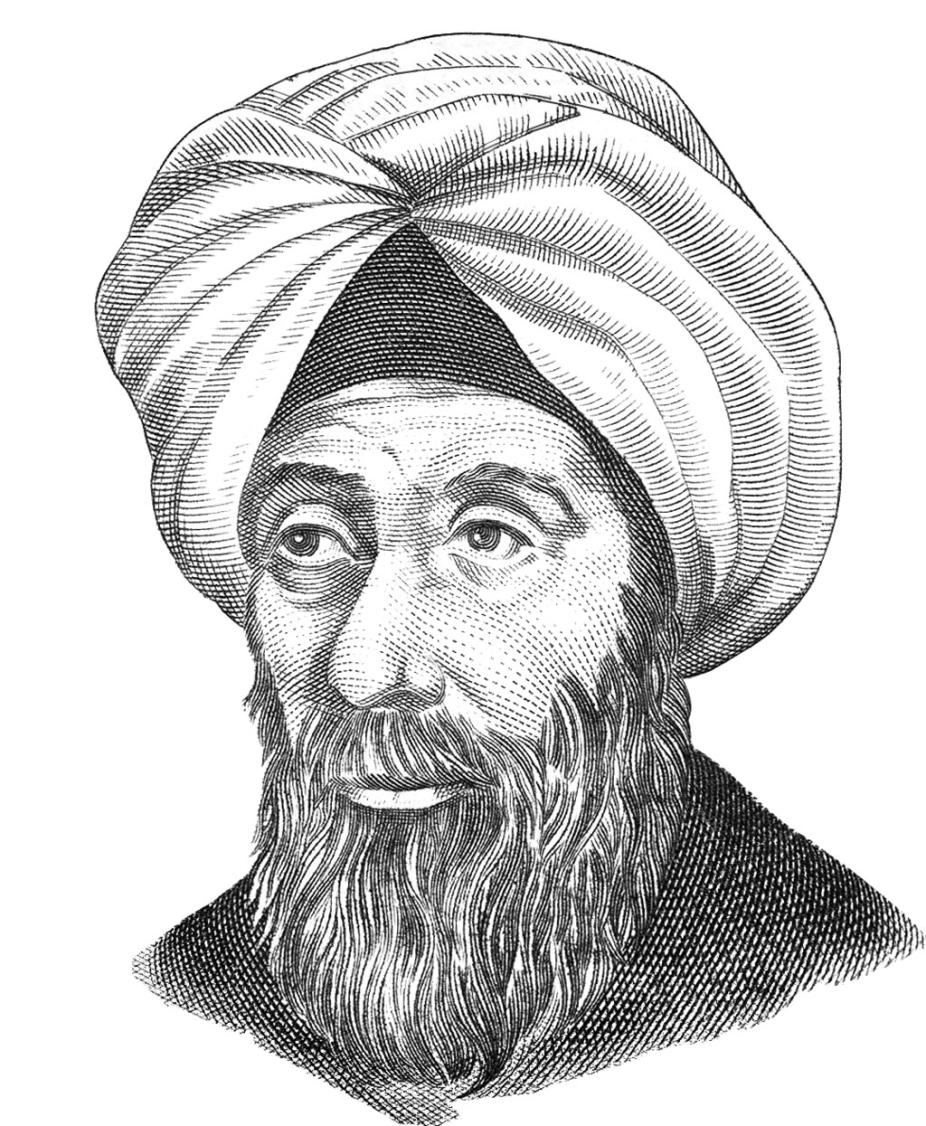
Ibn al-Haytham (965–1040)
Field: Optics, Physics, Mathematics
Ibn al-Haytham, also known as Alhazen in the West, was a pioneering Islamic scientist and physicist whose contributions to optics and scientific methodology were groundbreaking. Born in Basra, Iraq, he is often hailed as the “father of optics” for his extensive work in understanding light and vision.
Ibn al-Haytham’s most influential work is the Kitab al-Manazir (Book of Optics), a comprehensive seven-volume treatise on light and vision. In this seminal text, he refuted the earlier belief that the eye emitted light and proposed that vision occurs when light reflects off objects and enters the eye. This revolutionary idea laid the groundwork for modern optics.
One of his fundamental discoveries was the principle of the pinhole camera. Through experiments, he demonstrated that light passing through a small aperture in a darkened room projects a clear image onto the opposite wall, a principle that underpins the modern camera. His work on refraction, the study of how light bends, and the concept of the camera obscura significantly influenced the development of optical science.
Ibn al-Haytham conducted his research during a period of house arrest imposed by the Fatimid ruler Al-Hakim. Despite this confinement, he made substantial advances in scientific methodology, emphasizing experimentation and empirical observation, which predated similar approaches in the Western scientific tradition.
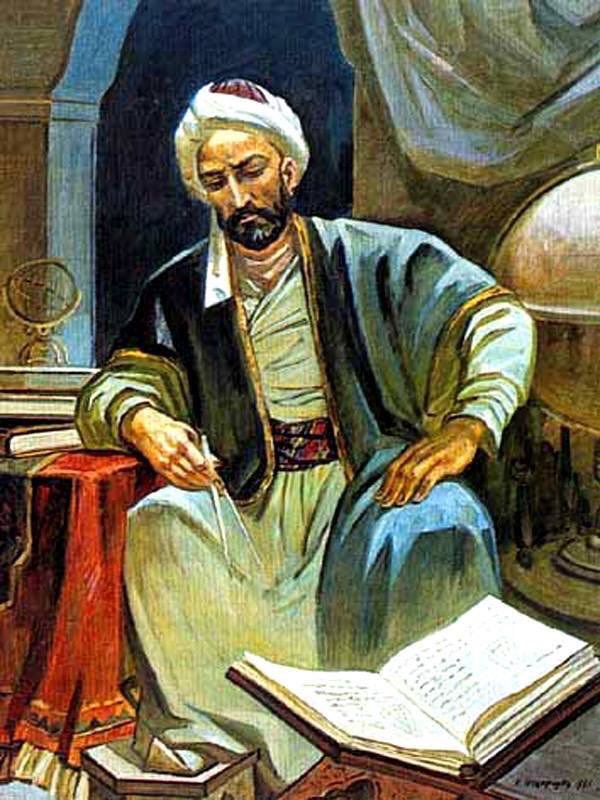
Nasir al-Din al-Tusi (1201–1274)
Field: Scientist, Mathematician, Philosopher
Nasir al-Din al-Tusi (1201–1274) was a prominent Persian philosopher, mathematician, and astronomer whose contributions significantly advanced various fields of science. Born in Tus, Iran, al-Tusi was a leading figure of the Islamic Golden Age and made groundbreaking contributions that influenced Islamic and Western thought.
In mathematics, al-Tusi is renowned for his work on trigonometry. His seminal work, Kitab al-Shamil fi al-Jabr wa’l-Muqabala, expanded on previous knowledge and included detailed trigonometric tables instrumental for future scholars. He is credited with developing the concept of trigonometric functions and laying the groundwork for spherical trigonometry.
Al-Tusi’s astronomical contributions are equally significant. He played a key role in developing the Tusi-couple, an innovative astronomical model that corrected Ptolemaic inaccuracies and improved the precision of planetary motion predictions. This model influenced subsequent astronomical theories and was pivotal in the evolution of astronomical science.
In addition to his work in mathematics and astronomy, al-Tusi was a noted philosopher and theologian. His writings on ethics and philosophy, including his commentary on Aristotle’s works, were highly influential in Islamic and Western intellectual traditions.
These individuals, among many others, have shaped the diverse tapestry of Islamic history and left lasting legacies that continue to inspire and influence the world today. The contributions of these remarkable Muslims underscore the profound impact that Muslims have had on global civilization. Their innovations and insights span various fields, including literature, mathematics, astronomy, medicine, history, and exploration.
These individuals advanced their respective disciplines and enriched human knowledge and cultural heritage. Their enduring legacies highlight the timeless relevance of their contributions and the profound impact of their work on the world as we know it today.
